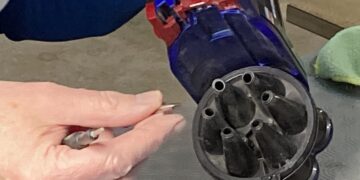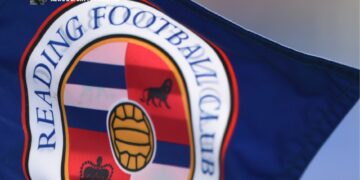
As summer approaches we need to be aware of a serious danger lurking in the lakes and canals where we often let our dogs drink or swim to cool down.
Blue-green algae is the term used to describe a group of bacteria, called cyanobacteria, which often give the appearance of algae when they clump together in bodies of water.
Blue-green algae may not always be harmful to your dog but you can’t tell simply by looking at it, so we strongly recommend not to let your dog near the water when the algae is in bloom.
When the algae blooms, it can look like a blue-green scum has appeared on the surface of the water. It sometimes looks a bit like pea soup. Blooms of the organisms often build up around the edges of ponds and lakes, which may look like foam.
Most of our parks and forests will put up clear warning signs during times of increased risk.
Blooms of blue-green algae can produce harmful toxins which stop a dog’s liver from functioning properly. There is no antidote to these toxins, but if we know a dog has drunk from affected water we can induce vomiting to try and minimise the risk to the dog.
Sadly, exposure to the toxic strain of blue-green algae is often fatal, and can cause long term health problems in dogs that do survive after drinking or swimming in algae-contaminated water. Some types of blue-green algae can kill a dog in under an hour after exposure. Dogs who have been swimming in water can also get the algae caught in their fur, and can ingest it while cleaning themselves later on.
As is so often the case prevention is better than cure – avoid water where you can see algae blooms, and heed advice and warning signs especially during this warm period when dogs are likely to drink from any water they find. Carry water and portable bowls to provide clean safe drinking water to your dogs when out and about. Consider wetting your dog prior to a walk, and plan walks during the cooler mornings and evenings.
After exposure signs that indicate a toxicity can include vomiting, diarrhoea, seizures, weakness, collapse and even unconsciousness. These can be signs of other medical problems, but urgent care should be sought regardless. Please contact your vet immediately in cases of suspected exposure or ingestion as early intervention increases the chance of survival.
And just an additional reminder, please do not leave your precious furry friends in your car this summer, not even for a few minutes. Keep them cool and keep them safe.
Should you require advice concerning any health issues for your pet please contact your veterinary practice directly.

Nancy and Michael Morrow own and run St Vincents Veterinary Surgery, an independent practice providing personal care to pets in and around Wokingham. For more information call the practice on 0118 979 3200 or visit www.stvincentsvets.co.uk











































